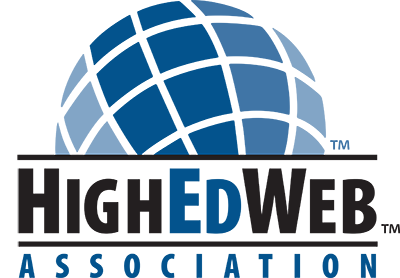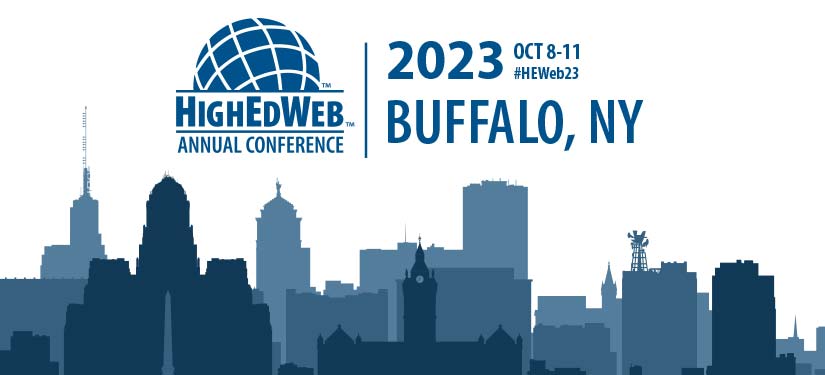One hundred plus years of Taylorism and scientific management theory designed for driving efficiency in production lines and industrial work has left many of us grappling with tools that are a poor fit for today’s knowledge work.
Agile approaches have the potential to remedy this and liberate the potential in individuals, teams and organizations… but all too often they are introduced and deployed with too little consideration for or understanding of common pitfalls that derail org change of this nature.
Join this session to learn how Iowa planned for and supported their central web team as they navigated a change to scrum. Along the way we’ll demystify some common agile dogma while covering useful patterns and anti-patterns any team can use (or avoid), regardless of how they roll.
Attendees to this section can expect to learn:
- Why agile frameworks like scrum are increasingly necessary in the workplace.
- What makes scrum an appealing option for many types of modern knowledge work.
- Understanding roles on a scrum team and mapping them to your organization’s roles.
- The fundamentals of scrum from process to ceremony.
- Using feedback loops and OODA cycles to drive constant learning and continuous improvement.
- The use of Cynefin as a model for understanding how to approach our work.
- How scrum supports and drives employee engagement (and why that matters).
- Effective strategies for introducing and adopting scrum (or any other framework).
- Resources to get you started (or restarted).
This talk will draw on over 20 years’ experience working with agile teams, frameworks and transformation at organizations large and small across the country.
Presenter
Michael O’Neill — University of Iowa
Log in
Please log in to access the recording, slides and other session materials. Paid members have full access to the entire library.
New members
HighEdWeb offers several membership classes. Join today as a premium, affiliate, student or institutional member for full access to this session. Become a paid member.
Shortcode
MTP3

